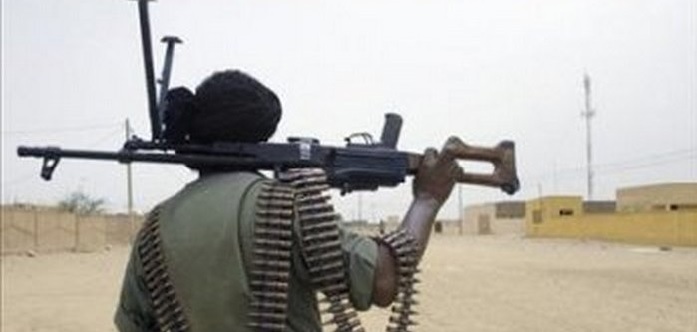In the coming weeks, West Africa’s terrorist groups are set to encroach further into Togo, Benin, and Ghana. This year’s presidential elections and their associated impact in Ivory Coast, Guinea, and Togo may create further tensions for terrorist groups to exploit. As part of the United States’ global retreat, military forces have departed from West Africa, leaving the Economic Community of West African States (Ecowas), France, and the G-5 Sahel to pick up the slack and attempt to prevent the spread of terrorism further into West Africa. But military force alone is not enough. West Africa must provide a test case for innovative and collective preventive diplomacy, which adapts to the growing risks, builds local resilience, and prevents the next security and humanitarian disaster.





